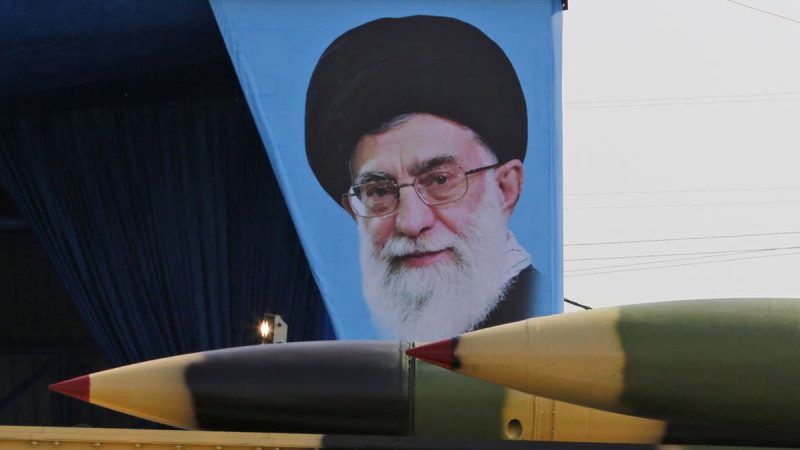The recent Biden administration’s decision to consider lifting billions of dollars in sanctions relief to Iran has stirred significant debate and pressure from various stakeholders. The move comes as part of efforts to revive the Iran nuclear deal, formally known as the Joint Comprehensive Plan of Action (JCPOA), which was abandoned by the previous administration. The prospect of easing sanctions on Iran has sparked a heated discussion, with critics and proponents offering contrasting viewpoints on the potential implications of such a decision.
One of the key arguments in favor of providing sanctions relief to Iran is the possibility of rekindling diplomatic relations and promoting peace in the region. Supporters of the move contend that lifting sanctions could pave the way for negotiations on issues beyond the nuclear program, such as Iran’s regional influence and ballistic missile activities. By engaging in diplomacy and dialogue, proponents argue, the United States and its allies may be better positioned to address broader concerns and foster stability in the Middle East.
However, critics of the sanctions relief proposal express apprehensions about the potential risks and consequences of such a decision. They point to Iran’s history of supporting proxy militias, destabilizing activities, and human rights abuses as reasons to maintain economic pressure through sanctions. Critics argue that providing relief could embolden Iran to escalate its aggressive behavior in the region and pose a threat to regional security and stability. Moreover, opponents raise concerns about the impact of sanctions relief on efforts to counter Iran’s support for terrorist organizations and its interference in neighboring countries.
The debate surrounding sanctions relief to Iran underscores the complex and multifaceted nature of U.S. foreign policy in the Middle East. Balancing the imperatives of national security, human rights considerations, and diplomatic engagement presents a formidable challenge for the Biden administration. As policymakers weigh the pros and cons of easing sanctions on Iran, it is crucial to carefully assess the potential risks and rewards associated with such a decision.
In conclusion, the Biden administration faces mounting pressure to make a crucial decision regarding sanctions relief to Iran in the context of reviving the JCPOA. The competing arguments for and against this move highlight the delicate balance that policymakers must strike between promoting diplomatic engagement and maintaining pressure on a regime with a contentious track record. Ultimately, the outcome of this debate will have far-reaching implications for U.S. foreign policy in the Middle East and the broader pursuit of regional security and stability.

